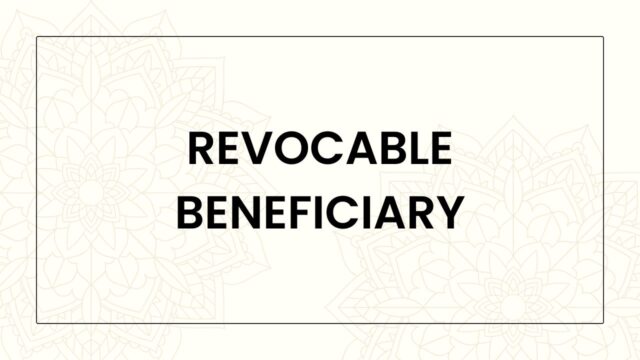Transaction Exposure
What is Transaction Exposure Transaction exposure is the risk that a firm will incur losses due to changes in exchange rates. It can arise when a company makes purchases or sales in foreign currency, or when it has outstanding liabilities denominated in foreign currency. When transaction exposure arises, the company may choose to hedge its risk by entering into a...
6 Tips to Effectively Manage Your Small Business
So you have decided to start your own small business. Hurray! You have managed to tackle the most daunting task: deciding to get started. However, this was just the first challenge. There are many more to come. A hoard of tasks awaits you, such as market research, paperwork, setting up online platforms, hiring experts, spreading awareness, more research, and...
Investment Horizon
When choosing investments, the term "investment horizon" is important. A long-term investor needs significant capital to invest. A high-risk, high-return real estate investment may be appropriate if you plan to hold it for a decade or more. A long-term investor may invest in high-risk, high-return real estate like a value-add office building, which requires a 10+-year strategy for renovation,...
Revocable Beneficiary
What is a revocable beneficiary A revocable beneficiary is someone who has been named in a will or insurance policy to receive assets upon the death of the person who created the document. However, the creator of the document can change the beneficiary designation at any time, without the consent of the beneficiary. This type of designation is often used...
Capital Structures
When a company is evaluating its capital structure, there are several factors to consider, including debt level, the tradeoffs between debt and equity financing, the cost of debt, and the optimal capital structure. For example, a company with an optimal capital structure of 22.5% debt and 77.5% equity should not alter its capital structure due to minor differences. This...
Hammer Clause
What is a hammer clause and what does it do A hammer clause is a type of clause often found in real estate contracts. It sets forth a specific procedure that must be followed if the parties are unable to agree on certain matters. For example, the clause may specify that if the buyer and seller cannot agree on a...
Financial Guarantee
What is a financial guarantee and what are its benefits A financial guarantee is a contract between two parties in which one party agrees to reimburse the other for any losses that may occur. Financial guarantees are often used in the financial world as a way to mitigate risk. For example, if a company is seeking a loan from a...
Internal Growth Rate
What is the Internal Growth Rate of a Company? The Internal Growth Rate (IGR) is a measure of the growth potential of a business. It is a result of the operations of a company, and its ability to use its assets efficiently is a key indicator of its growth potential. Some factors that contribute to good asset utilisation are increasing...
Feeder Fund
What is a feeder fund and how does it work A feeder fund is an investment fund that invests in another fund, known as the master fund. The master fund is typically a hedge fund or private equity fund that is not available to retail investors. By investing in the feeder fund, retail investors are able to gain access to...
Debit Note
What is a debit note A debit note is a document that is issued by a buyer to a seller as a way of correcting an overpayment that was made on an invoice. Debit notes are also sometimes referred to as "credit memos." In cases where a debit note is issued, the buyer will typically deduct the overpayment from any...









































